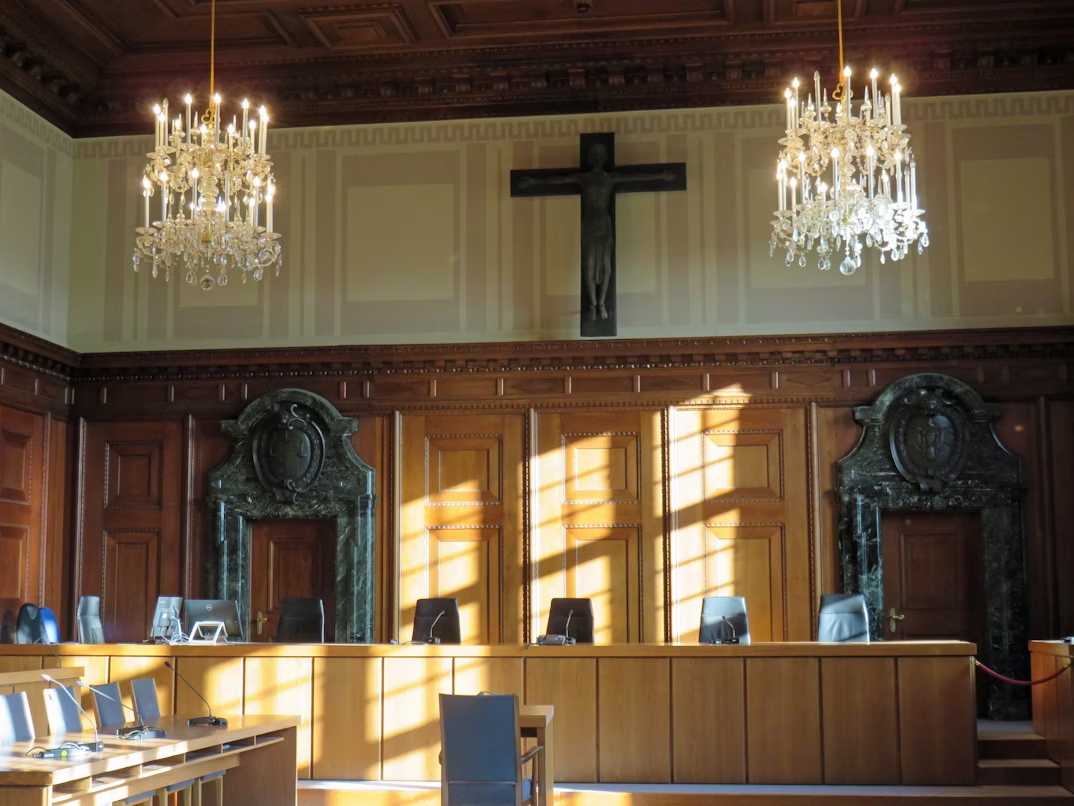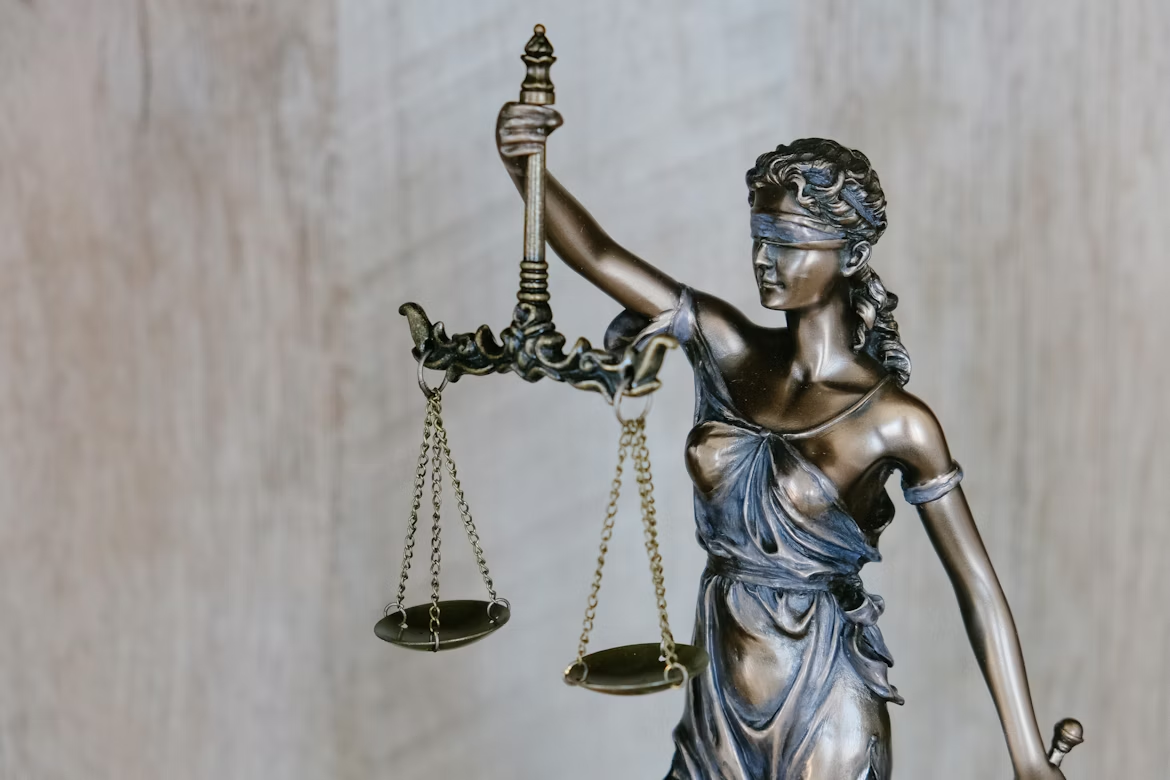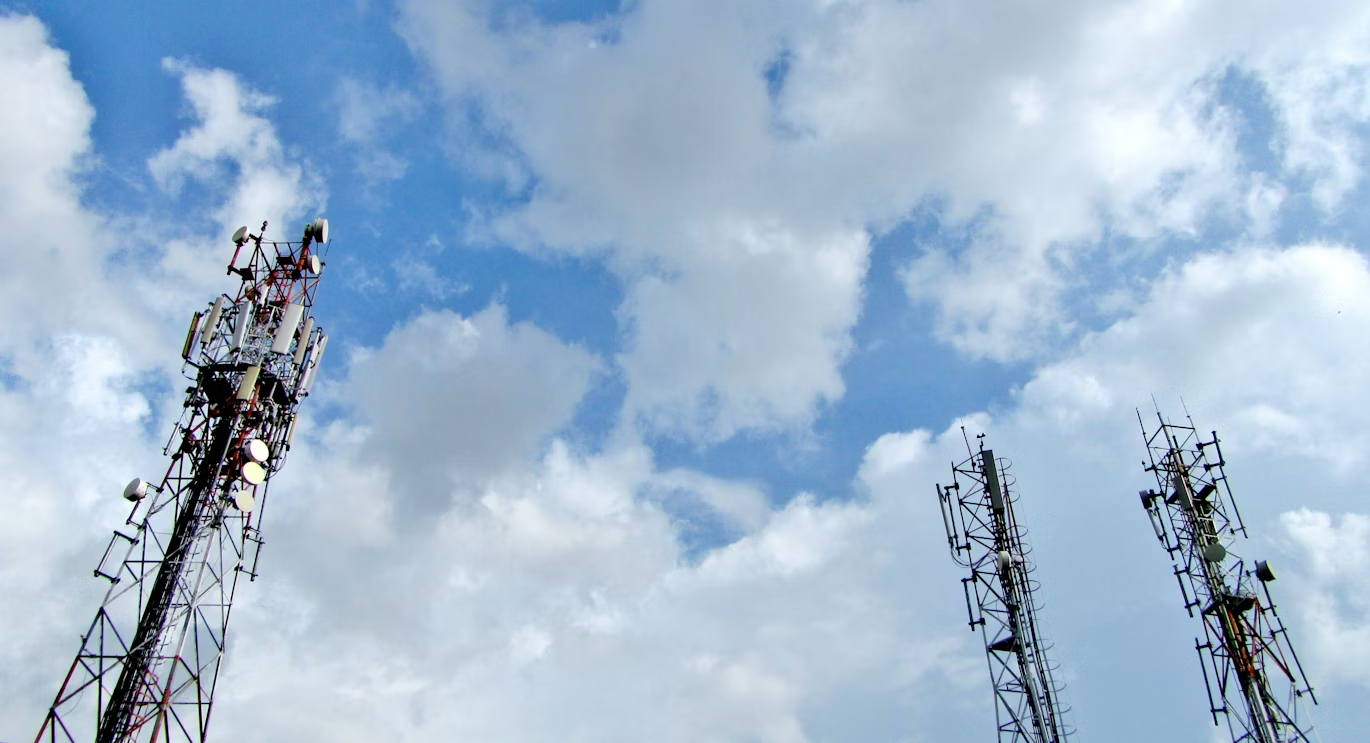Technological advances now allow the efficient use of high-frequency band spectrum (in the C-band, among others) by terrestrial cellular operators. At the same time, some of these frequencies have been previously allocated for “space use”, that is use by the operators of satellites in orbit around the Earth. The result has been lobbying around the world by terrestrial operators to gain access to spectrum previously allocated to satellite users.
The re-allocation of satellite spectrum might not just require compensation under domestic law: in certain circumstances, it might be alleged to be an expropriation under public international law requiring fair market value compensation to the incumbent satellite operator. Satellite operators, terrestrial operators and regulators are well-advised to consider the potential international legal ramifications of the re-allocation of satellite spectrum.
This breakfast seminar discussed the re-allocation of satellite spectrum from the perpective of public international law.
Our experienced panellists were:
Dr John Parker, the Founding Director of Transfinite Systems. Dr Parker will discuss the process by which spectrum is allocated for space and terrestrial uses under the aegis of the International Telecommunications Union and then by regional bodies and domestic regulators. He will also provide an overview of the technological developments in the use of C-band spectrum. Dr Parker has over thirty years of experience in radiocommunications and spectrum allocation. He has advised clients in every World Radio Conference conducted by the International Telecommunications Union since 1991. He also has advised both satellite companies and mobile companies on allocation issues related to numerous spectrum bands. Dr Parker has a First Class degree in Astrophysics from the University of London and a Doctorate in Theoretical Physics from the University of Manchester, with an MBA specialisation in Financial Strategy from The Open University.
Mr Gunjan Sharma, a senior attorney at Volterra Fietta. Mr Sharma will discuss the legal bases and conditions under which the re-allocation of spectrum might constitute an expropriation requiring compensation under public international law. Mr Sharma routinely represents clients in investor-State and commercial arbitrations involving radiocommunications, ITU practices and procedures and spectrum allocation, including two multi-billion dollar arbitrations involving the alleged expropriation of satellite spectrum and another arbitration involving an allegation of interference with space-based transmissions. Mr Sharma has represented clients before the International Court of Justice; numerous ICSID and other investor-State tribunals; commercial arbitration bodies; and federal and state courts in the United States. He routinely advises clients, including States, on complex issues of public international law.
Dr Lucrezio Figurelli, an economist at Brattle Group. Dr Figurelli will discuss the means by which spectrum can be valued for the purposes of an international litigation or arbitration. Dr Figurelli’s expertise is in international arbitrations, regulatory proceedings and antitrust investigations. His practice focuses on the economic analysis of telecommunications markets. He has consulted on behalf of operators, regulators, and industry associations on numerous matters, including terrestrial satellite and mobile network deployment, licensed and unlicensed spectrum valuation and spectrum auctions. He has authored expert reports in proceedings at the US FCC, the European Commission and European national regulatory agencies. He has also supported expert testimony in numerous international arbitration proceedings (ICC, ICSID, PCA, UNCITRAL, SCC, LCIA). Prior to joining Brattle, Dr Figurelli completed his Ph.D. in Economics at Boston College, where he also taught courses in microeconomics, macroeconomics and econometrics.
We look forward to welcoming you for breakfast on 26 March.
For any queries regarding the content of the seminar, please email gunjan.sharma@volterrafietta.com.



